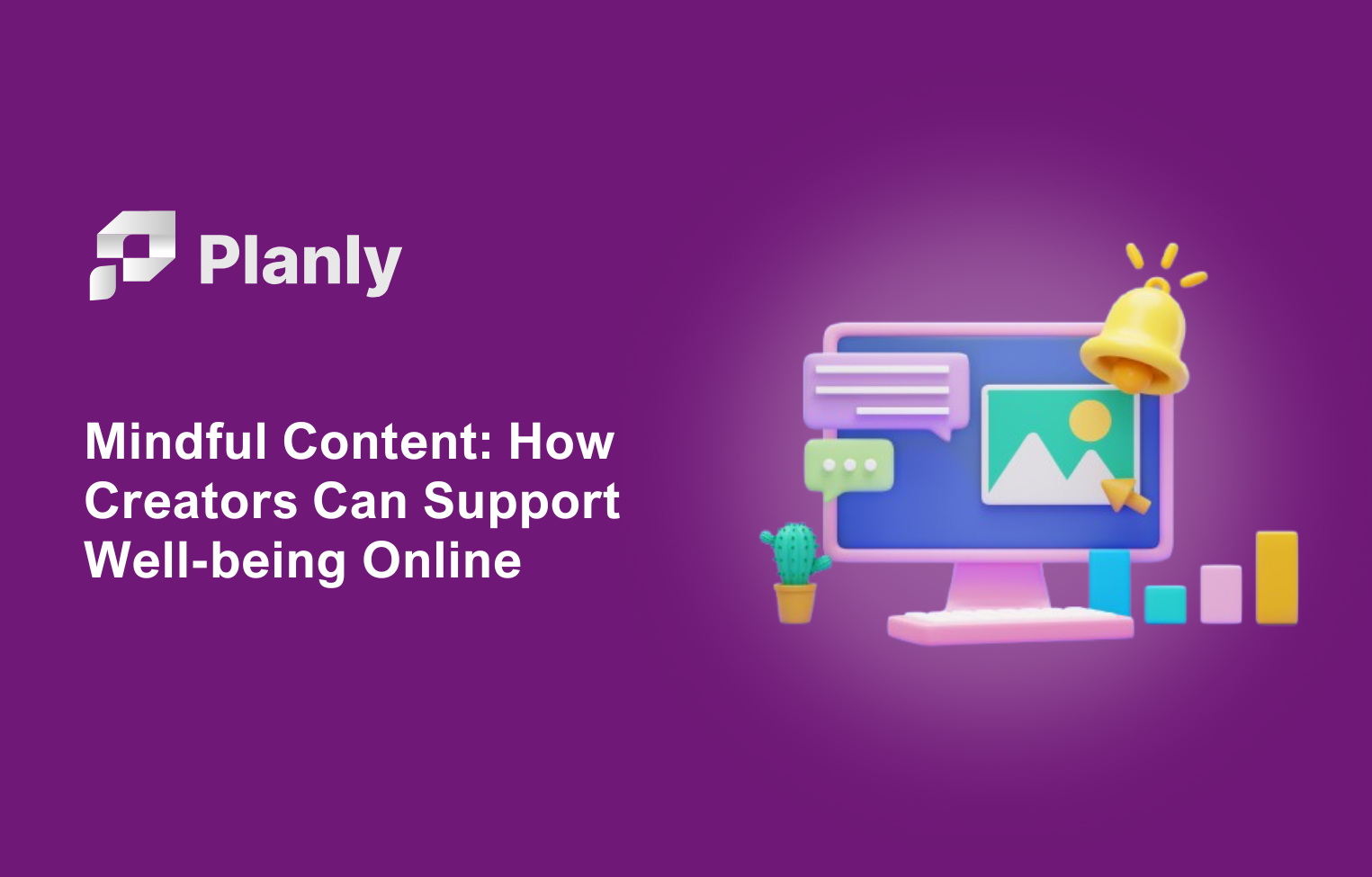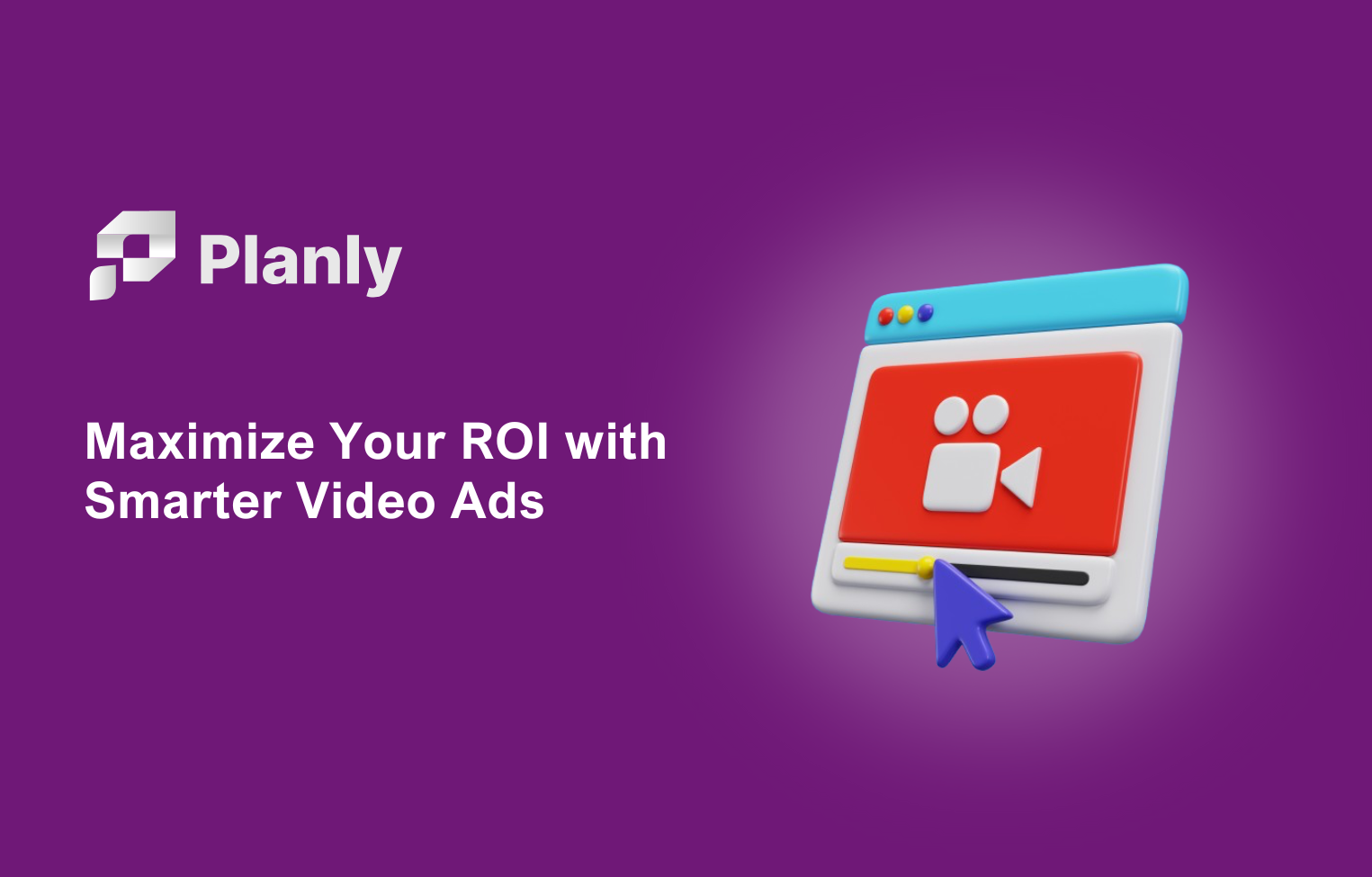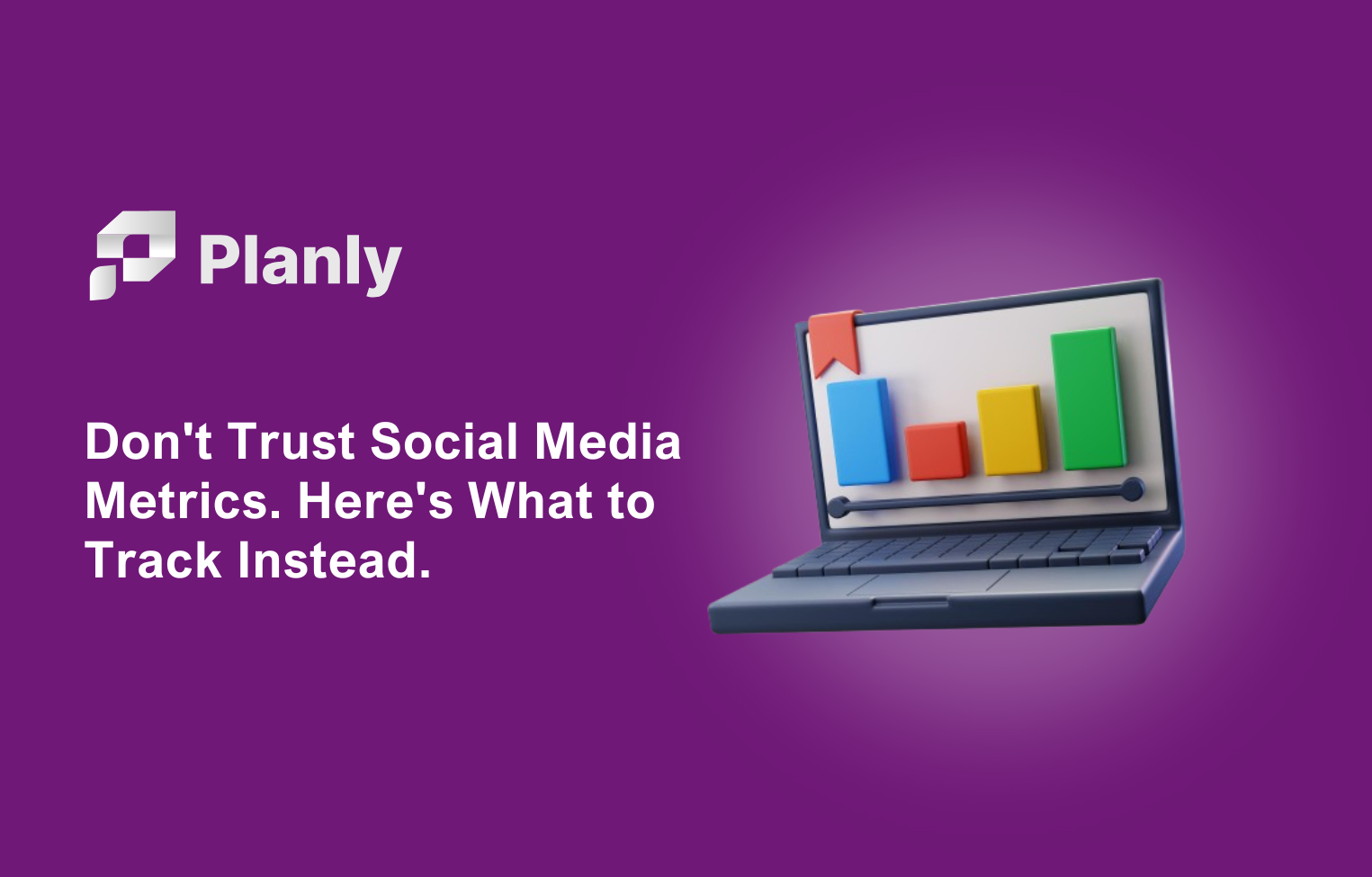YouTube has been widely recognized as the go-to platform for video content consumption. With over 2 billion logged-in monthly active users, it presents an incredible opportunity for creators and businesses to reach their target audience. However, with such a vast amount of content being uploaded every minute, it's crucial to strategically determine the best time to post on YouTube to maximize visibility and engagement.
Determining the best time to post on YouTube can be a challenging task, as it's dependent on various factors such as your target audience, time zone differences, and the type of content you produce. In this ultimate guide, we will delve into the importance of timing, share insights on key factors to consider, and provide actionable tips to optimize your YouTube posting strategy.
Importance of Timing on YouTube
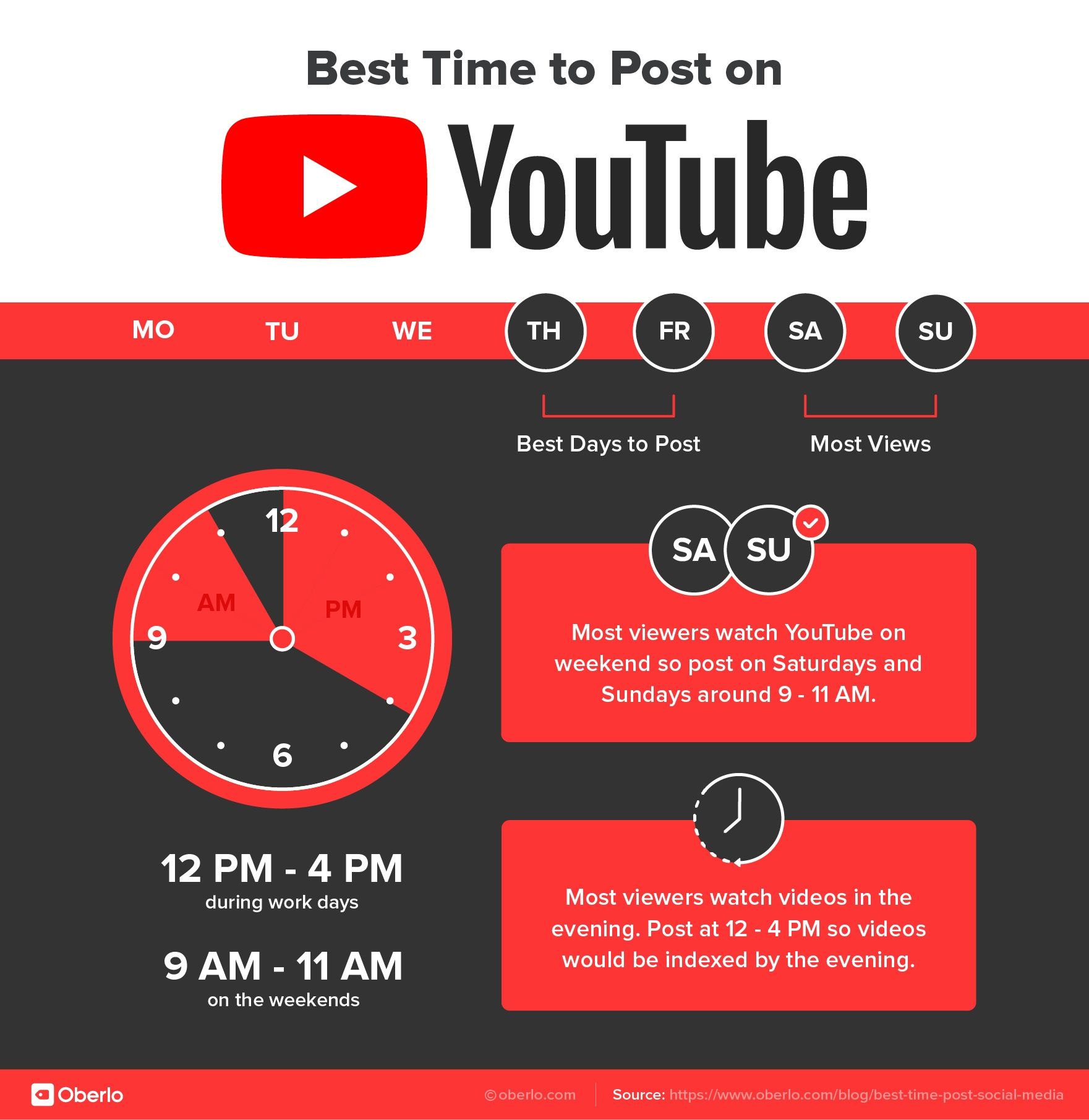
Posting your video content at the right time is essential for achieving optimal visibility and interaction with your target audience. By understanding your viewers' online behaviors, you can attract more views, likes, and comments, ultimately boosting your overall engagement metrics.
YouTube's algorithms are designed to prioritize videos that receive a high level of initial engagement upon release. This means that if you publish your content at a time when most of your target audience is active on YouTube, you have a greater chance of getting your video recommended and featured in search results. Moreover, higher engagement levels lead to longer watch times, which can positively impact your video's ranking on YouTube's search and suggested videos feeds.
Factors to Consider When Determining the Best Time to Post on YouTube
Analyze Your Target Audience
Understanding your target audience is crucial when determining the best time to post on YouTube. Consider their demographics, such as age, location, and interests, as well as their online behavior and viewing patterns.
YouTube Analytics provides valuable insights into your viewers' demographics, including age, gender, and geographical location. By analyzing this data, you can identify peak hours when your target audience is most active on the platform. Additionally, tools like Google Analytics and social media listening platforms can provide further audience insights to refine your posting strategy. A YouTube scheduling tool takes the guesswork out of posting, allowing you to focus on content creation while it handles the timing.
Account for Time zone Differences
With YouTube being a global platform, time zone differences can significantly impact your posting strategy. Ensure you consider the geographical locations of your target audience and adjust your posting schedule accordingly.
For instance, if your primary viewers are located in the United States, consider scheduling your videos to go live during the peak hours of the Central and Eastern time zones. By doing so, you can optimize your video's visibility and engagement for this specific audience.
Seasonal Trends and Events
Seasonal trends and events play a critical role in determining the best time to post on YouTube. Take advantage of holidays, festivals, and newsworthy events that align with your content, as they often generate higher user engagement and search volume.
For example, if you create travel-related content, posting videos about popular vacation destinations during the holiday season can help attract more viewers seeking holiday travel inspiration.
Competitor Analysis
Keeping an eye on your competitors is an effective approach to gain valuable insights for your YouTube posting strategy. Study their posting patterns, engagement levels, and audience responses to identify opportunities and refine your own content and posting schedule.
Tools like Planly's YouTube Analytics make it easier to track your competitors' performance metrics, such as the frequency of their uploads, the type of content they produce, and the engagement they receive. By closely monitoring your competitors, you can adapt your strategy to stand out from the crowd and increase your chances of reaching your target audience effectively.
Optimizing Your YouTube Posting Strategy
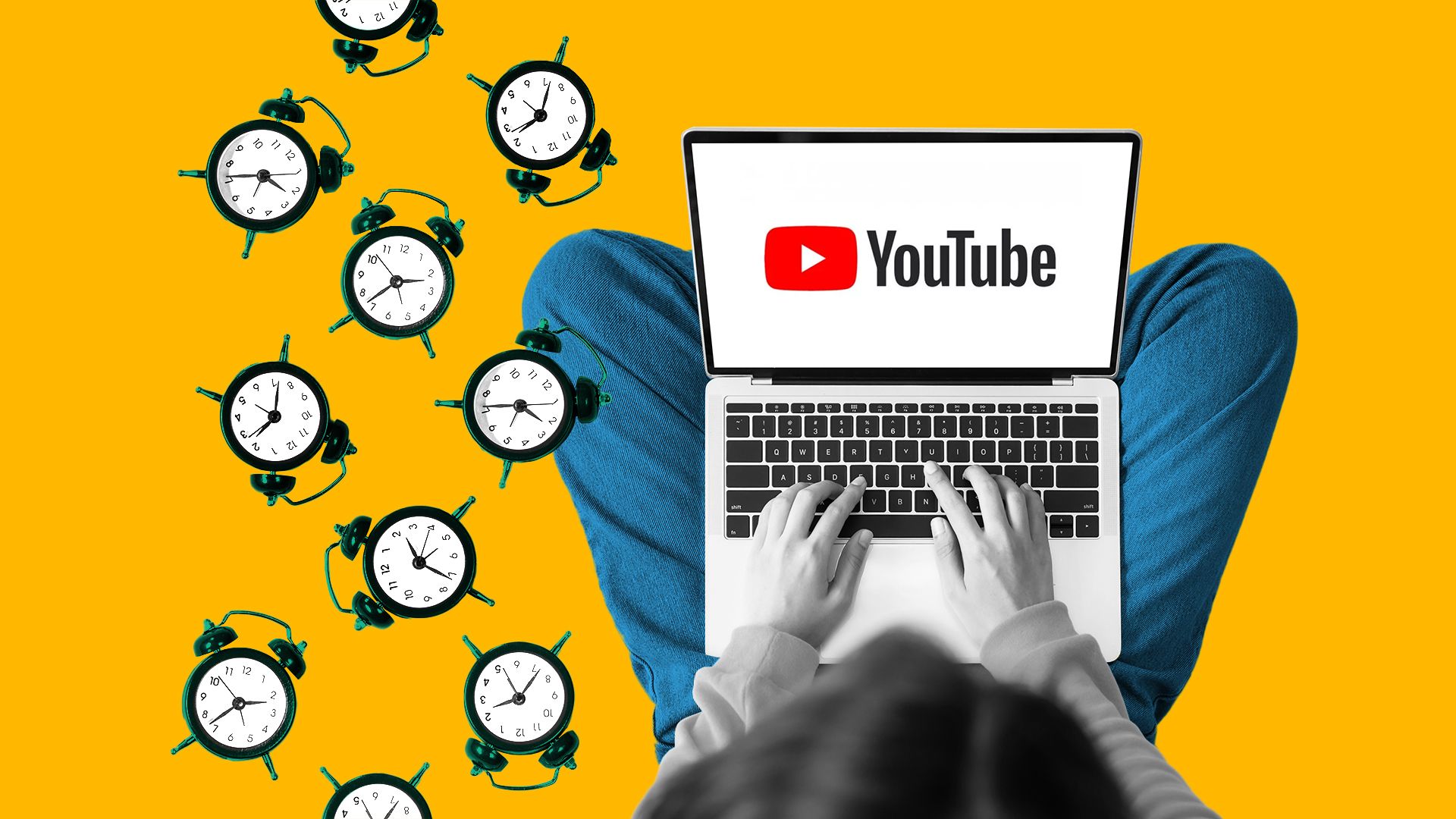
Now that we have covered the key factors to consider when determining the best time to post on YouTube, let's delve into actionable tips to optimize your posting strategy further.
A/B Testing
A/B testing is a valuable method to experiment with different posting times and measure the impact on your video's performance. Create two or more versions of your video, each uploaded at different times, and track the metrics to see which performs the best.
For instance, you can schedule your video to go live during the evening hours for one week and then during the morning hours for another week. Analyzing the metrics will provide insights into the posting time that generates the highest engagement and visibility for your content.
Consistency
Consistency is key to building a loyal audience on YouTube. Develop a regular posting schedule and stick to it, as this not only helps retain your existing subscribers but also establishes trust with new viewers.
Find a balance between posting frequently enough to maintain engagement without overwhelming your audience. Regularly analyze your viewership patterns and YouTube Analytics to identify the days and times when your audience is most active, which can guide your consistent posting schedule.
Engage with Your Audience
Engagement is vital for building a thriving community on YouTube. Respond to comments, ask for feedback, and encourage viewers to participate in discussions. By actively engaging with your audience, you foster a sense of connection and loyalty, which can further amplify your content's reach.
Moreover, responding to comments can positively impact your video's engagement metrics, as YouTube's algorithms value interactions between creators and viewers.
Leverage YouTube Analytics
YouTube Analytics is a powerful tool that provides in-depth insights into your video's performance, including engagement metrics, audience demographics, and viewer retention rates. Utilize this information to fine-tune your posting strategy and optimize the timing of your uploads.
Analyze the Watch Time Report to identify the periods with the highest average watch time and engagement rates. This data can serve as a guide to determine the optimal time for posting your content, providing you with greater exposure to your target audience.
Conclusion
Timing plays a crucial role in maximizing the reach and engagement of your YouTube videos. By considering factors such as your target audience, timezone differences, seasonal trends, and competitor analysis, you can strategically determine the best time to post on YouTube.
Remember to optimize your YouTube posting strategy through A/B testing, maintaining consistency, actively engaging with your audience, and leveraging YouTube Analytics and Youtube post scheduling tool. With a well-crafted posting schedule and timely releases, you can attract more viewers, boost engagement, and increase the overall visibility of your YouTube channel.
Forget checking the best times all the time! With Planly, we show you the best time to post directly on our calendar in the dashboard for each social media channel.





